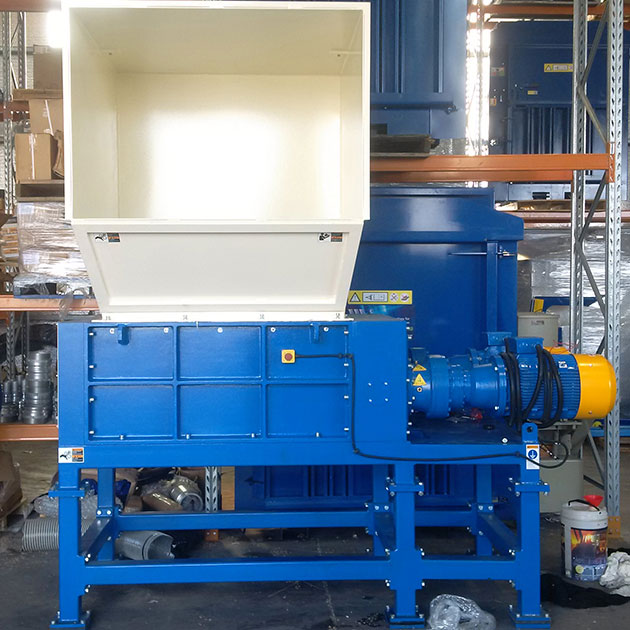Demystifying the Mechanics and Applications of Shredder Technology

In the industrial processes, shredder technology stands as a pivotal innovation that has revolutionized various sectors. The utilization of shredders, including plastic and general shredding devices, has redefined the landscape of waste management, recycling, and material processing. Understanding Shredder Machines: At its core, a shredder machine is a powerful apparatus designed to reduce the size of various materials through the process of shredding. Shredders achieve this by employing sharp blades or cutting mechanisms to break down materials into smaller fragments or particles. The versatility of shredder technology enables its application across a wide spectrum of industries, ranging from plastics and metals to paper and textiles. 1. Plastic Shredders: Plastic waste has emerged as a global environmental challenge, highlighting the importance of effective recycling methods. It plays a crucial role in addressing this issue by breaking down plastic materials i...

